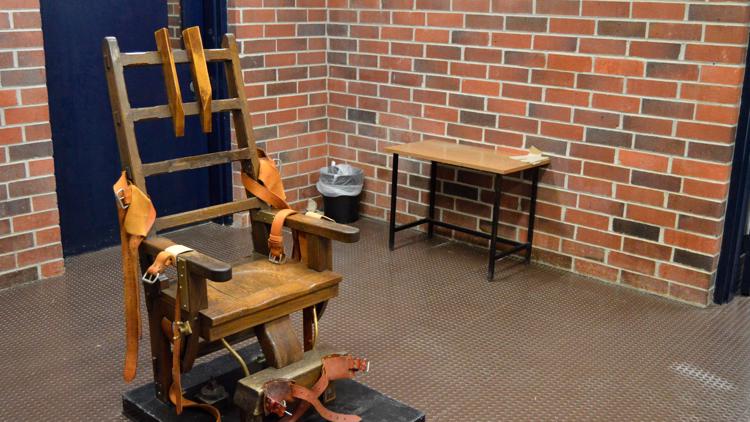COLUMBIA, S.C. — A South Carolina judge is considering whether to temporarily halt a new law effectively forcing death row prisoners to choose to die by either electric chair or firing squad.
Attorneys for two men set to die later this month say the law is unconstitutional because their clients were sentenced under the old law that made lethal injection the default execution method.
The state of South Carolina argues they are working to carry out executions under the methods available at the time. State Judge Jocelyn Newman said Monday that she'll make a decision in the next few days.
The state lawsuit is one of several last-minute challenges attorneys for Brad Sigmon and Freddie Owens have filed.
The death penalty is legal in South Carolina but no one on death row has been executed since 2011. That was because of an inability by the state to get the drugs necessary to execute inmates by lethal injection.
But the South Carolina General Assembly passed a new law earlier this year that aimed to bypass that problem by making inmates choose between the options of death by the electric chair or firing squad. Gov. Henry McMaster signed the measure into law, saying it's necessary to give families justice.
Death penalty opponents say both methods of killing are inhumane.
The corrections department's website says 284 executions have been carried out by the state since 1912.



